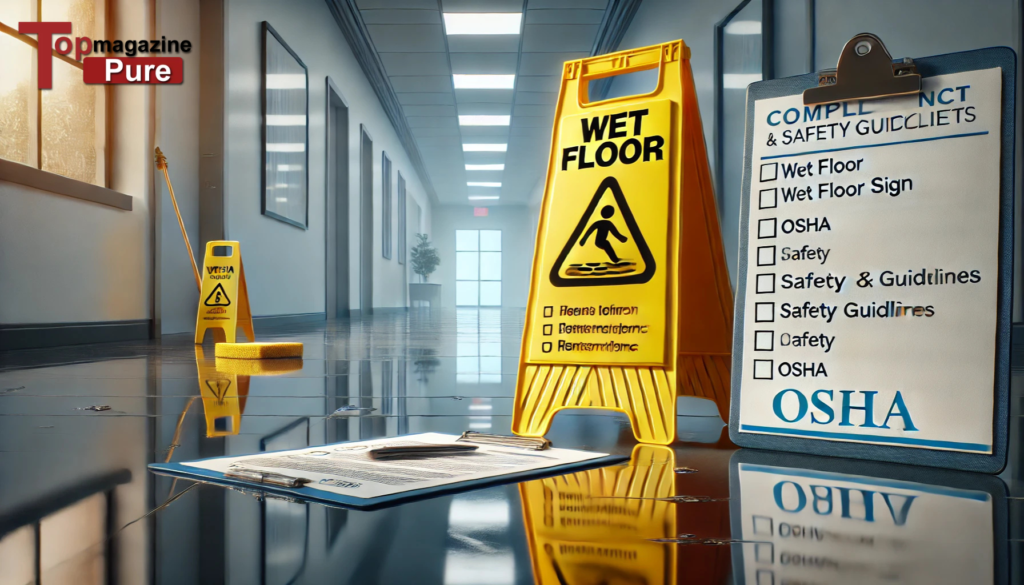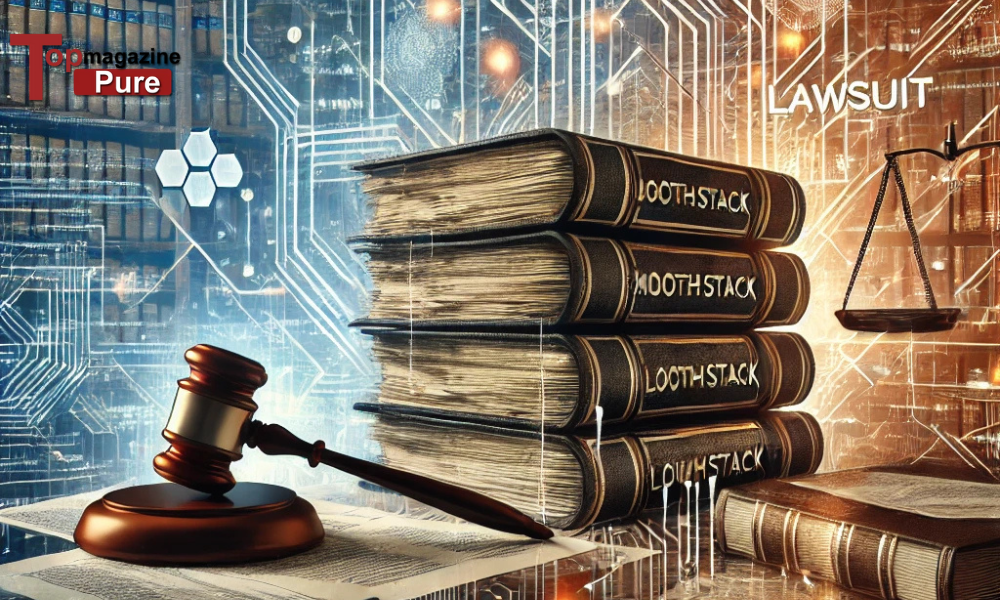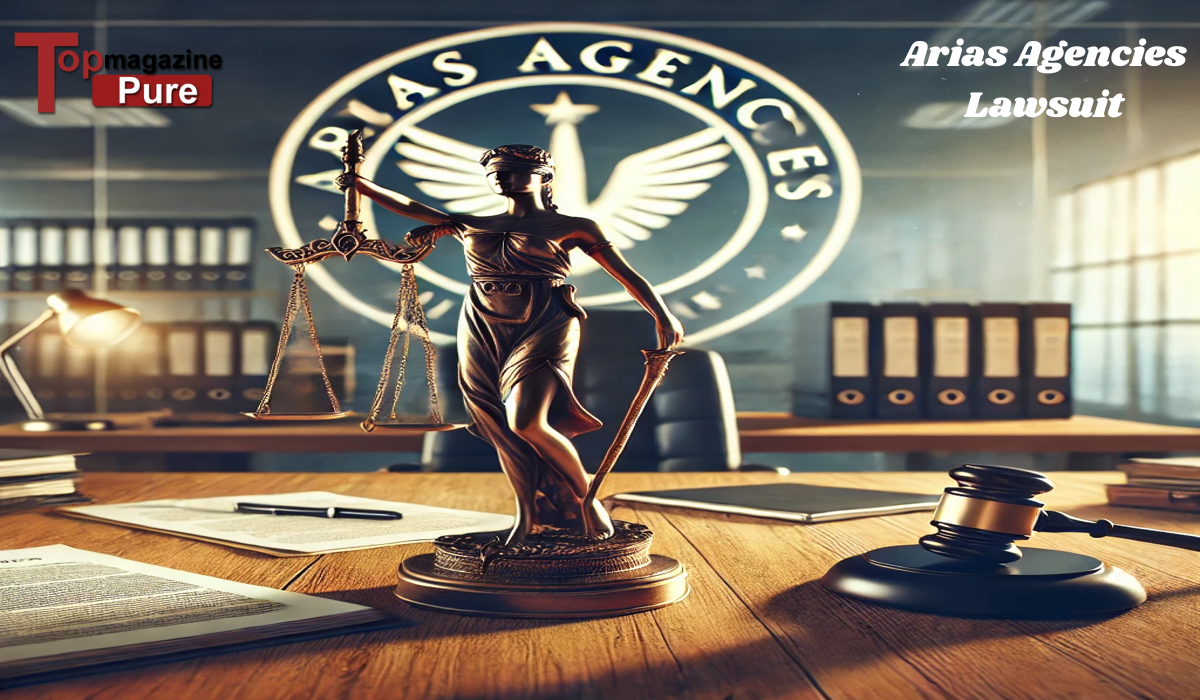OSHA wet floor sign law New Jersey refers to the essential safety regulations that businesses in New Jersey must follow to prevent slip and fall accidents due to wet or slippery floors. While there isn’t a specific law solely dedicated to wet floor signs, businesses must adhere to OSHA guidelines as well as New Jersey premises liability laws to ensure a safe environment and avoid costly accidents.
This guide will help you understand the OSHA wet floor sign law New Jersey, the responsibilities of business owners, and best practices to comply with legal requirements while keeping employees and customers safe.
What Is the OSHA Wet Floor Sign Law New Jersey?
The OSHA wet floor sign law New Jersey is not a specific, standalone law, but businesses must comply with general OSHA regulations that require employers to maintain a safe working environment. Under OSHA’s General Duty Clause, employers must take steps to eliminate or reduce recognized hazards that could cause serious injury or death, including slip and fall hazards from wet floors.
Key OSHA Regulations and Wet Floor Hazards:
- General Duty Clause (Section 5(a)(1)) of the Occupational Safety and Health Act mandates that businesses must address recognized hazards such as wet or slippery floors.
- Wet floors, particularly in areas with high traffic (e.g., restrooms, kitchens, hallways), are common hazards that need to be addressed.
- Wet floor signs serve as an immediate, visible warning to prevent accidents, and businesses must ensure these signs are used when a slip hazard is present.
Even though there is no specific OSHA wet floor sign law New Jersey, businesses are legally obligated to protect employees and customers from preventable injuries by using wet floor signs.
Premises Liability and Wet Floor Sign Usage in New Jersey
In addition to federal OSHA regulations, businesses in New Jersey must comply with state premises liability laws. These laws hold property owners accountable for accidents occurring on their premises due to unsafe conditions, including wet floors. Failing to use wet floor signs could expose businesses to liability for slip and fall accidents.
Premises Liability and Legal Responsibilities:
- New Jersey’s premises liability law requires business owners to maintain a safe environment and promptly warn individuals of any hazards.
- If someone slips and falls due to a wet floor that wasn’t properly marked with a sign, the business may be held liable for negligence.
- Wet floor signs are essential in minimizing this liability, as they inform employees and customers about the potential risk of slipping.
Using wet floor signs is an important safety measure that helps businesses comply with both OSHA and New Jersey state laws to prevent accidents.
Best Practices for Complying with OSHA Wet Floor Sign Law New Jersey
While there is no specific OSHA wet floor sign law New Jersey, businesses must follow best practices for the proper placement and use of wet floor signs to ensure workplace safety and reduce legal risks. Here are the steps businesses should take:
Immediate Placement of Wet Floor Signs
As soon as wet floor conditions are identified (due to mopping, spills, or rain), wet floor signs should be placed immediately in the affected area. Delays in placing signs can increase the risk of accidents.
Ensure Clear Visibility
Make sure wet floor signs are clearly visible from all directions. Use bright colors such as yellow or orange, along with clear wording like “Caution: Wet Floor,” so the warning is easily noticeable by anyone walking through the area.
Durable and High-Quality Signs
Invest in durable, high-quality wet floor signs that can withstand frequent use. Signs made from strong plastic or collapsible cones are ideal for both indoor and outdoor environments.
Use Multiple Signs in Large Areas
If the wet floor hazard spans a large area (e.g., hallways, large rooms), use multiple wet floor signs to ensure adequate coverage. This helps to alert people from different directions and reduce the risk of accidents.
Remove Signs Once the Hazard Is Eliminated
Once the floor is dry and safe, promptly remove the wet floor signs. Keeping them in place after the danger has passed could create a new hazard and cause confusion.
Legal Consequences of Not Using Wet Floor Signs in New Jersey
Failure to use wet floor signs in New Jersey can lead to serious consequences, including liability for slip and fall accidents. If an individual is injured due to an unmarked wet floor, businesses could face lawsuits under premises liability laws and even face OSHA fines for not maintaining a safe working environment.
Legal Risks and Consequences:
- Slip and fall lawsuits: If an individual slips and falls on a wet floor that was not properly marked, the business could be sued for negligence.
- OSHA penalties: Businesses may face fines if OSHA determines that the company failed to take appropriate measures to prevent workplace hazards.
- Insurance claims: Insurance providers may deny claims if the business is found to be negligent in providing proper warning signs.
To avoid these risks, businesses should make wet floor signs a part of their routine safety protocols.
Insurance and Wet Floor Accidents
For New Jersey businesses, having the right general liability insurance is crucial to cover the costs of slip and fall accidents resulting from wet floors. Insurance policies typically cover medical expenses, legal fees, and damages, but businesses must show they are taking proper safety precautions to prevent accidents.
Insurance Considerations for Wet Floor Accidents:
- Consult with insurance providers to ensure your policy covers slip and fall accidents.
- Keep records of your wet floor sign usage to demonstrate compliance with OSHA and premises liability laws in the event of a claim.
- Proper documentation of safety protocols can help avoid complications with insurance claims.
Conclusion: OSHA Wet Floor Sign Law New Jersey Compliance
While there is no direct OSHA wet floor sign law New Jersey, businesses in the state are still required to comply with OSHA’s General Duty Clause and New Jersey premises liability laws. Using wet floor signs appropriately is crucial for ensuring a safe environment, protecting employees and customers, and minimizing legal and financial risks.
By following the best practices outlined in this guide, businesses can:
- Comply with safety regulations
- Prevent slip and fall accidents
- Avoid costly lawsuits and fines
It’s essential for New Jersey businesses to make wet floor sign usage a standard practice in their safety protocols to create a safer, more compliant environment.




